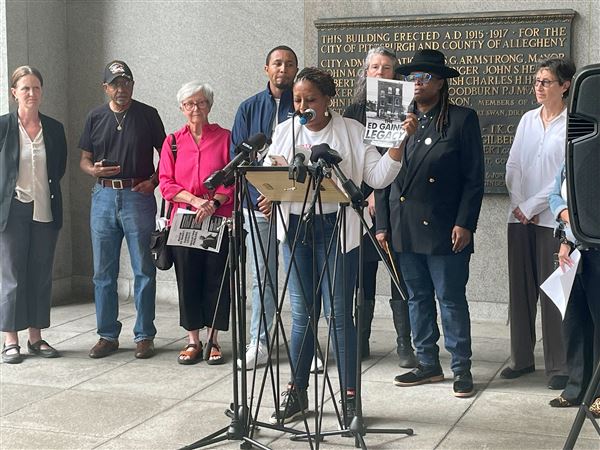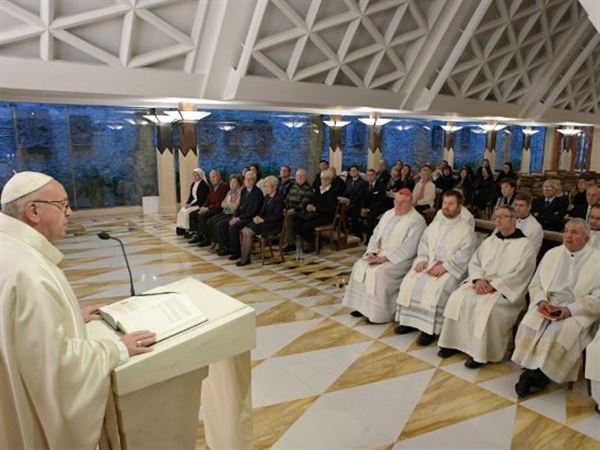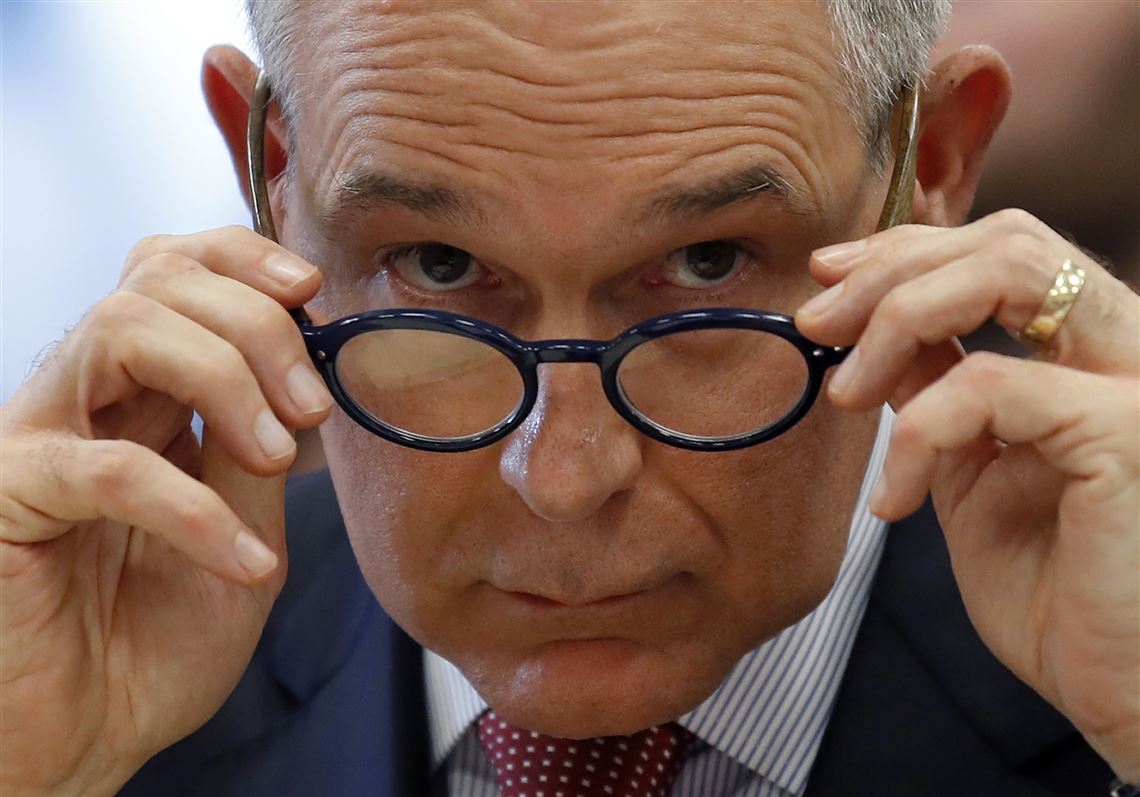Every day one more pundit decries the inability of Congress to get anything done. Their indignation and outrage would be humorous if it weren’t so naïve. The framers of the Constitution believed that they could design a government that would withstand the onslaught from the rich and powerful.
Their design stood the test of time for a long time, but they couldn’t foresee all. They missed three modern realities of governing.
First, they missed the evolution of governance into a spectator sport. While every politician since the dawn of time has always made decisions with self-preservation in mind, we now enable this behavior. We believe the end game is to consolidate and retain power ... period. We accept shifting positions, moral ambiguity, and ineffective leadership as long as our team wins.
Second, the framers missed the growth of politics as its own industry. With over nine billion spent in a national election cycle and four billion spent annually by lobbyists, the business of politics is booming.
Third and most important, the framers underestimated the tenacity and talent that the powerful could summon to subvert the common good for their personal gain. Since the Citizens United decision, anyone with the means can create a political action committee and exert extreme influence on the political process. As a result, these privileged get their patronage, the citizens get platitudes, and inequitable legislation gets passed, such as tax breaks for the wealthy.
But enough hand wringing. This is the reality we share, so it’s time address it head on. Since we can’t return to our older, fairer form of democracy, we should at least try to make the new one work for more of us.
This could be accomplished by taxing the political industry. Every other commercial endeavor pays their fair share. Why not this one? If every political ad were taxed at a 50% rate, billions of dollars would roll into the national treasury every four years. If ads that attacked the opposition were taxed at 100%, campaigns would be forced to speak about what they stand for and what they would do instead of hyping the team teardown.
The candidates vying for the open Pennsylvania senate seat spent over $60 million in the primary. Political Action Committees, whose mission is to oppose the rival candidate, spent an additional $10 million. Each 30 second spot these organizations bombarded you with cost between $10,000 to $300,000, depending on the market and time slot.
Imagine half of that flowing into your state coffers. It would make the viewing a little more palatable. And it’s not just Pennsylvania. An estimated eight billion dollars will be spent nationally on the mid-term elections.
In addition to elections, proposed legislation is increasingly influenced through advertising doled out in 30 second productions. Three to four million is spent annually by proponents and detractors of renewable energy.
In the past few months, three million has been spent by those on either side of the abortion rights. In the past two weeks, over two million was shelled out on either side of the 2nd amendment.
There are three reasons taxing these ads should enjoy bipartisan support. It would affect all parties equally, so no one could claim a disadvantage. Additionally, we all would benefit from fewer tiresome political commercials and less direct mail to discard. And the best part, since many of the ultra-wealthy don’t pay their fair share of taxes, this would at least make them pay to undertake their political subversion.
We can cry about the death of “the will of the people,” or we can get crafty. Your choice.
John Sharp is a Pittsburgh area educator and author of the novel “Popcorn: A Cautionary Tale.”
First Published: June 10, 2022, 10:00 a.m.
















